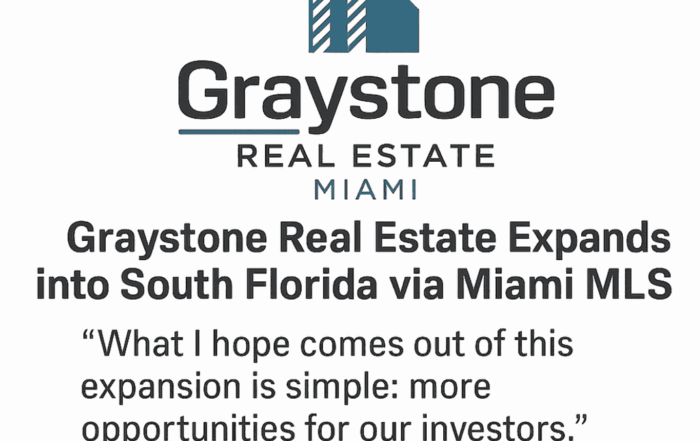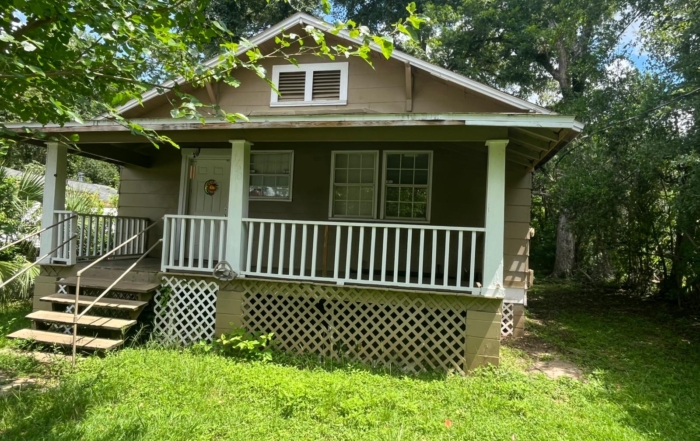What is Cash Flow in Real Estate?
Cash flow in real estate is a critical concept that every investor needs to understand. Simply put, cash flow is the net amount of money you make from a rental property after all expenses have been paid. It’s the actual money that lands in your pocket each month.
Why is Cash Flow Important?
Cash flow is essential for several reasons:
-
Income Stability: Positive cash flow ensures you have a steady stream of income from your investment. This can be particularly important if you rely on rental income to cover personal expenses or if you are looking to reinvest in additional properties.
-
Risk Management: Properties with strong cash flow can help mitigate the risks associated with real estate investments. Even if property values drop, a property with good cash flow can continue to generate income.
-
Financial Freedom: Positive cash flow can contribute significantly to achieving financial independence. The more properties you have generating positive cash flow, the closer you are to financial freedom.
How to Calculate Cash Flow
Calculating cash flow is straightforward. The formula is:
Cash Flow=Rental Income−Expenses\text{Cash Flow} = \text{Rental Income} – \text{Expenses}Cash Flow=Rental Income−Expenses
Example Calculation:
Let’s say you own a rental property that brings in $2,000 per month in rental income. The monthly expenses for this property include:
- Mortgage Payment: $1,500
- Property Management Fee: $200
- Maintenance and Repairs: $100
- Insurance: $50
- Property Taxes: $150
Adding up all the expenses gives you $2,000 ($1,500 + $200 + $100 + $50 + $150). Subtracting these expenses from the rental income results in zero cash flow.
In this scenario, your cash flow calculation would be:
Cash Flow=$2,000−$2,000=$0\text{Cash Flow} = \$2,000 – \$2,000 = \$0Cash Flow=$2,000−$2,000=$0
In this example, the property is breaking even. To achieve positive cash flow, you would need to either increase rental income or reduce expenses.
Maximizing Cash Flow
Increase Rental Income
-
Raise Rent: Ensure your rental rates are competitive with the market. Regularly review and adjust your rent to match the current market conditions.
-
Add Value: Upgrading your property with desirable features can justify higher rent. For instance, adding modern appliances, updating the interior, or offering additional services like Wi-Fi can attract higher-paying tenants.
-
Short-Term Rentals: Consider short-term rentals (like Airbnb) if the location and property type are suitable. These can often bring in higher monthly income compared to long-term leases.
Decrease Expenses
-
Refinance Mortgage: If interest rates drop, refinancing your mortgage could lower your monthly payments.
-
Reduce Management Fees: If you are using a property management company, negotiate for lower fees or consider managing the property yourself.
-
Maintenance Management: Regular maintenance can prevent costly repairs. Address small issues before they become significant problems.
-
Tax Deductions: Take advantage of all tax deductions available for rental properties, including mortgage interest, property taxes, and maintenance costs.
Cash Flow and Real Estate Investment Strategies
Buy and Hold
The buy and hold strategy involves purchasing a property and holding it over a long period while renting it out. The aim is to generate consistent cash flow while the property appreciates in value. This strategy can be particularly effective in areas with high rental demand and potential for property value appreciation.
Fix and Flip
This strategy involves buying a property at a lower price, renovating it, and selling it at a higher price. While the primary goal is to make a profit on the sale, some investors choose to rent out the property temporarily to generate cash flow during the holding period.
BRRRR (Buy, Rehab, Rent, Refinance, Repeat)
This method is a hybrid approach that combines elements of the buy and hold and fix and flip strategies. After purchasing and rehabbing a property, you rent it out to generate cash flow. Once the property is stabilized, you refinance it to pull out your equity and then repeat the process with another property.
Multi-Family Properties
Investing in multi-family properties, such as duplexes or apartment buildings, can generate significant cash flow. The risk is spread across multiple units, so if one unit is vacant, the others can still provide income.
Analyzing Cash Flow Properties in Florida
Market Research
When looking for properties in Florida, conduct thorough market research to identify areas with high rental demand and potential for appreciation. Popular markets include Tampa, Miami, Orlando, and Jacksonville.
Property Evaluation
Evaluate properties based on their cash flow potential. Consider the following factors:
- Location: Properties in desirable neighborhoods with good schools, amenities, and transport links are likely to attract higher rents.
- Property Condition: Well-maintained properties or those that require minimal repairs will help keep expenses low.
- Rental Rates: Compare similar properties in the area to ensure your rental income projections are realistic.
Financing Options
Explore different financing options to find the best terms. Conventional mortgages, FHA loans, and hard money loans are all viable options depending on your financial situation and investment strategy.
Common Cash Flow Mistakes to Avoid
Overestimating Rental Income
Be realistic about rental income projections. Overestimating can lead to cash flow problems if your property doesn’t generate the expected income.
Underestimating Expenses
Don’t overlook expenses such as vacancy rates, property management fees, maintenance, and repairs. A thorough analysis of all potential costs is crucial for accurate cash flow projections.
Ignoring Market Trends
Stay informed about market trends. Economic changes, local developments, and shifts in rental demand can all impact your cash flow.
Conclusion
Understanding and maximizing cash flow is essential for successful real estate investing. By accurately calculating cash flow, increasing rental income, and reducing expenses, you can ensure a steady stream of income from your properties. Whether you’re using a buy and hold strategy, fixing and flipping, or investing in multi-family units, keeping an eye on cash flow will help you achieve your financial goals in the dynamic Florida real estate market.











